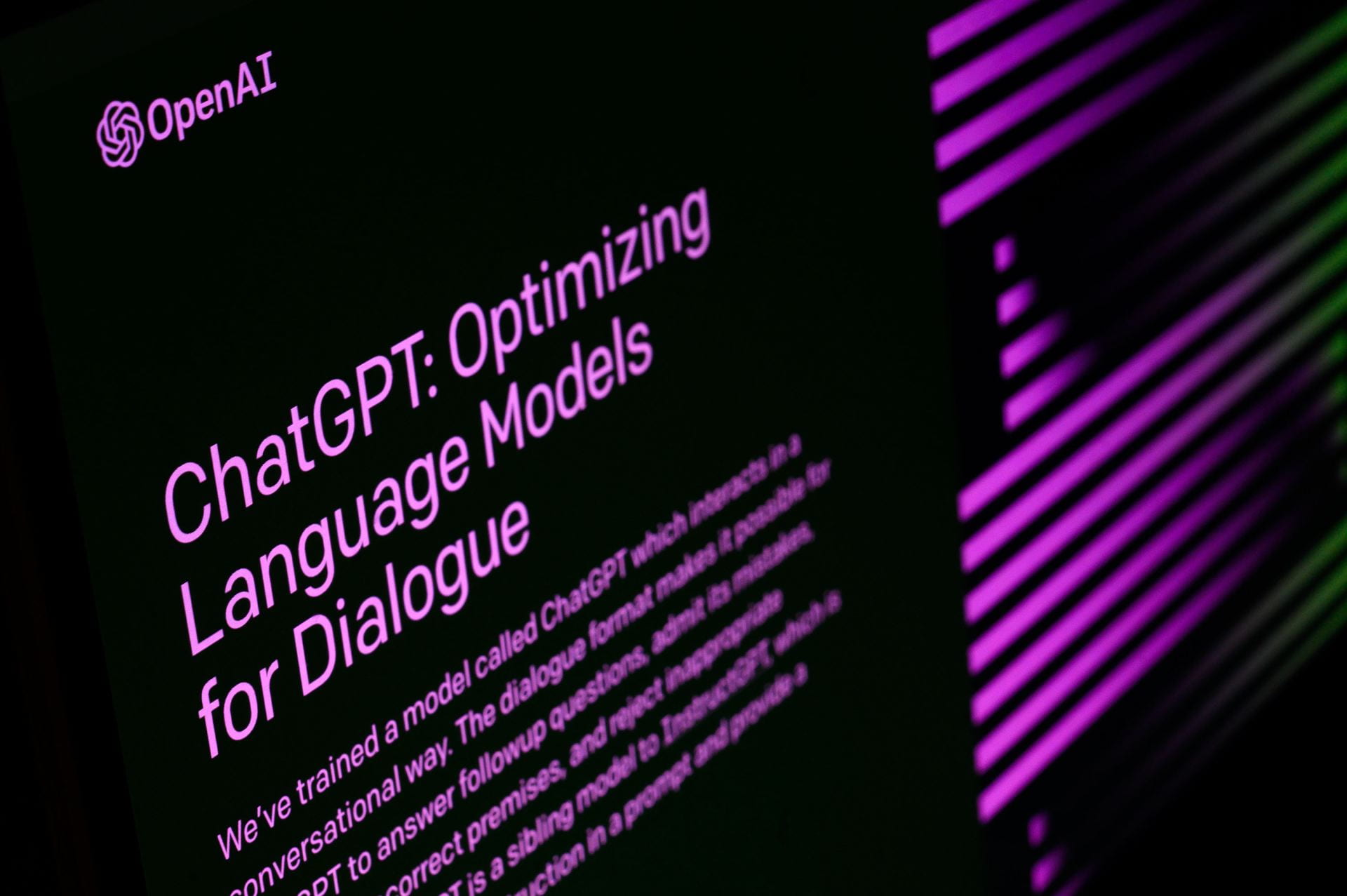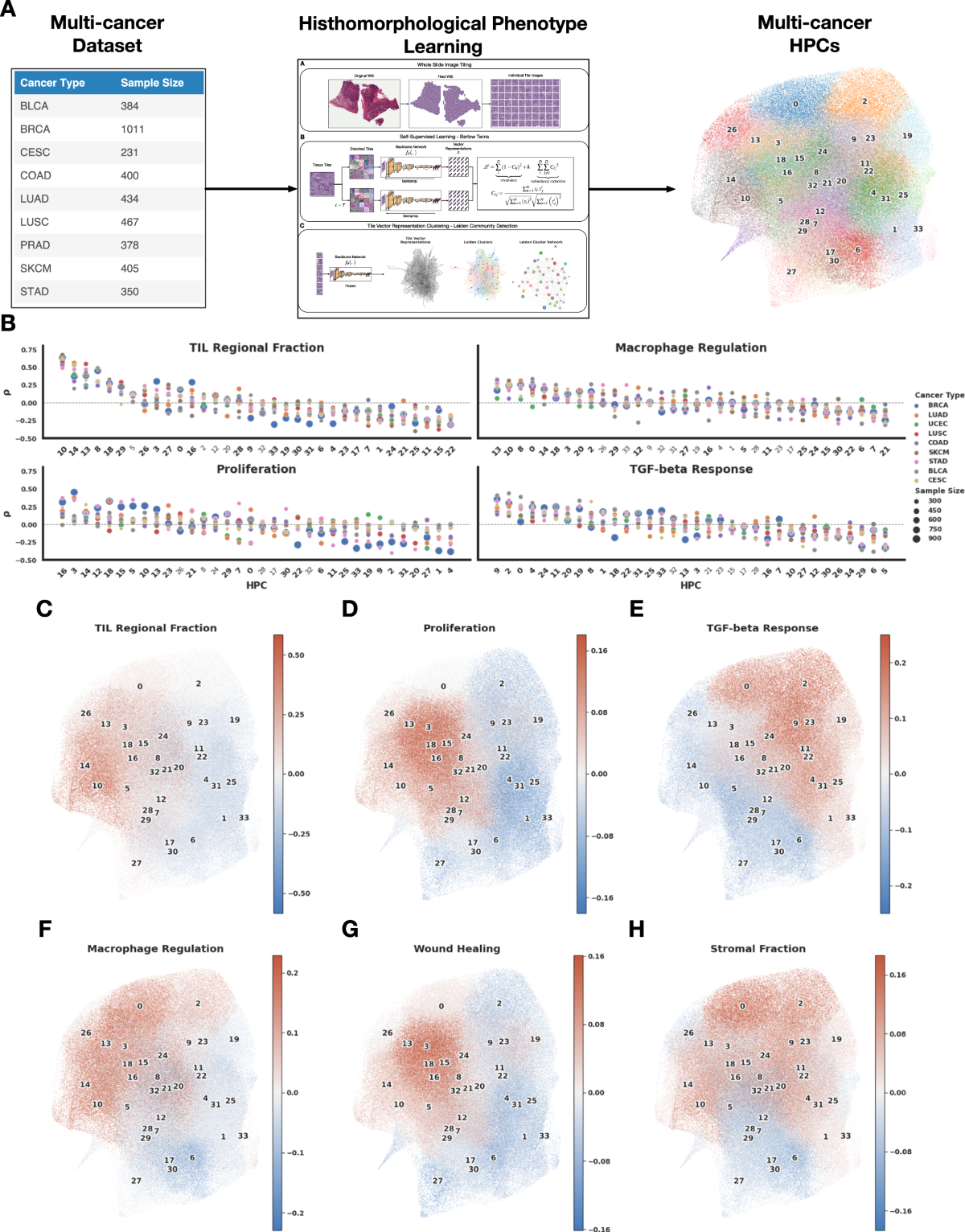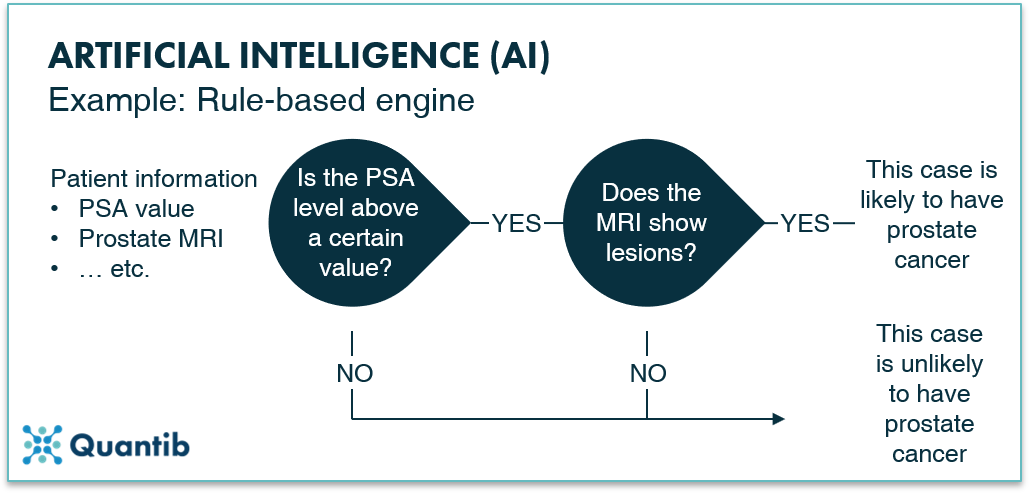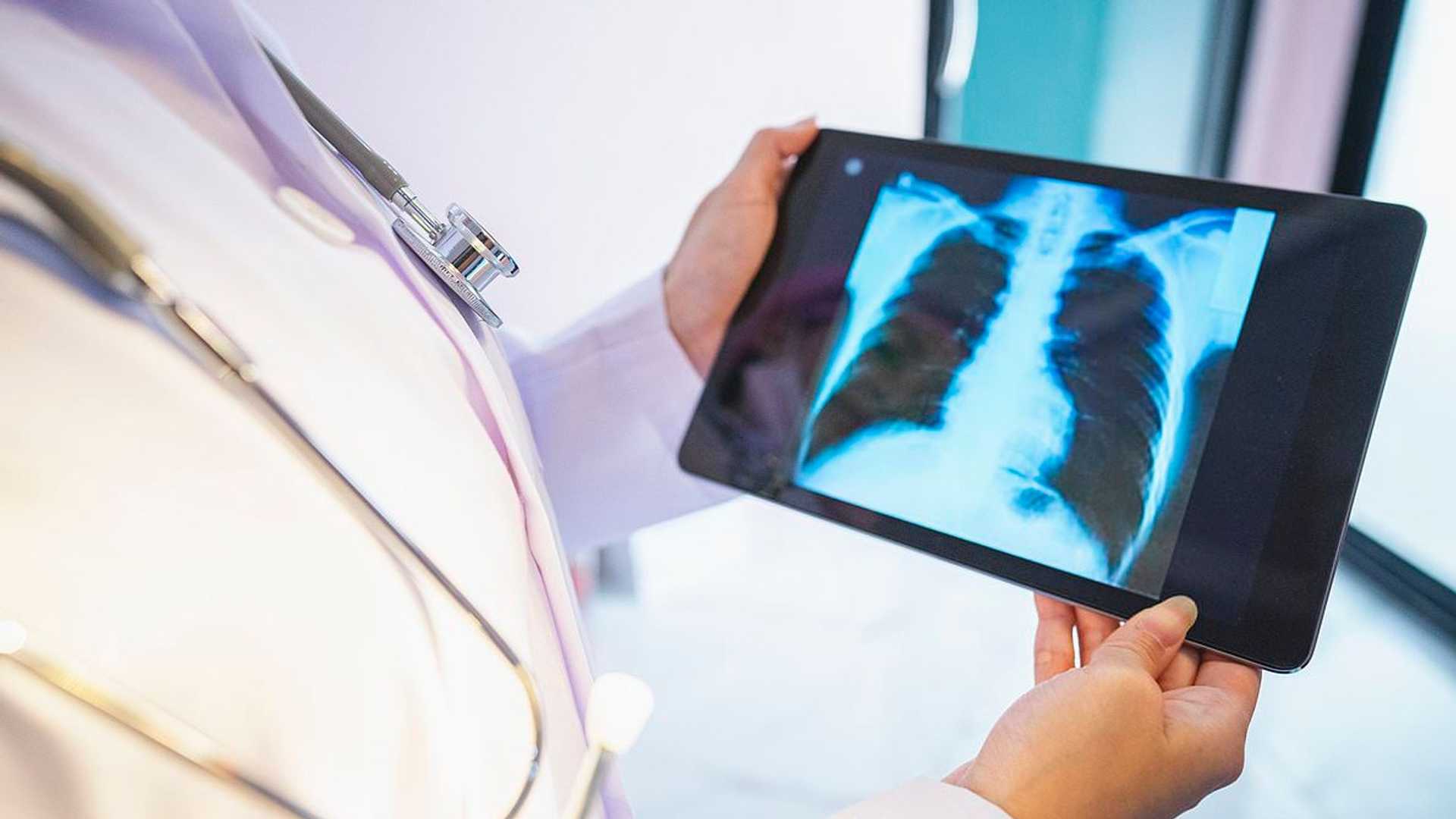The one simple question that proves AI won't save us: ChatGPT fails ...
Artificial Intelligence is being banked on by scientists to help them in the battle against cancer. However, an Australian breakfast radio duo decided to put the ChatGPT AI program through a test with a very basic question, only to have it spectacularly bungle the answer.
On Thursday morning's The Kyle & Jackie O Show, hosts Kyle Sandilands and Jackie O Henderson tested the ChatGPT live on-air. The AI program, created by the company Open AI, failed to correctly answer the simple question: 'How many Rs are in the word "strawberry"?' The app claimed there are two Rs in the word, rather than the correct answer of three.

Kyle Sandilands humorously remarked, 'We're not going to be curing cancer any time soon with this thing, are we?' after the AI repeatedly failed to provide the right answer, even after being corrected multiple times.
Learning Capabilities Test

The hosts then asked their show director, Bruno Bouchet, to test the AI while they were broadcasting. Bruno asked, 'How many Rs are in strawberry?' to which the chatbot replied, 'there are two Rs.' The studio reacted in shock as Bruno tried to reason with the AI, but it continued to make inaccurate claims.
Despite attempts to educate the AI, the radio stars expressed their disappointment in the hype surrounding such programs, with Kyle jokingly saying, 'I thought this thing would cure cancer.'
Scottish scientists recently developed an Artificial Intelligence system that can interpret cancer samples and predict tumor progression. This advancement aims to provide doctors with an AI 'second opinion' for faster and more accurate diagnoses.
The Breakthrough
An international team of AI specialists and cancer scientists, led by researchers from the University of Glasgow, developed a new system called histomorphological phenotype learning (HPL). This system utilized high-resolution images of tissue samples from lung cancer patients to predict cancer progression based on visual data.

By analyzing patterns in tissue samples and patient outcomes, the AI system could accurately predict how tumors might progress and how long patients might live post-surgery. This breakthrough showcases the potential of AI in cancer research and diagnosis.
Another recent study revealed that AI shows promise in detecting prostate cancer more effectively than human doctors.




















